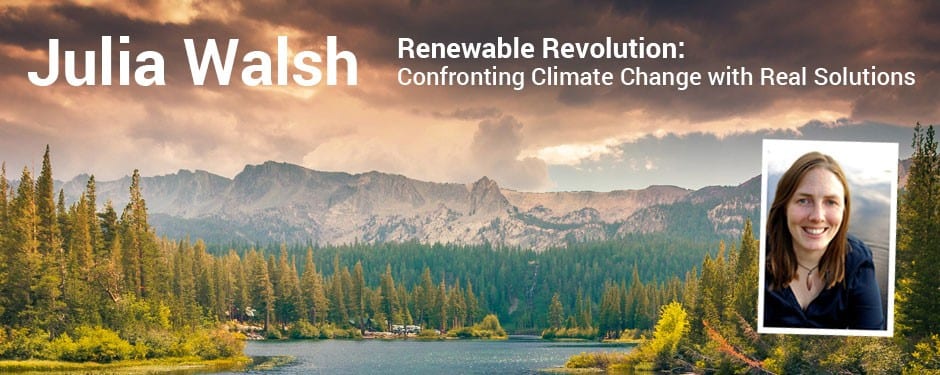Bio:
Julia Walsh is a community organizer, motivational speaker and political strategist who has worked on progressive issues and campaigns since 2001. In 2010, Julia started Frack Action in response to the immediate threat that fracking would start in New York State. Soon after its founding, Frack Action played a pivotal role in the New York State legislature’s passage of a fracking moratorium which has halted fracking in NY thus far. Prior to starting Frack Action, Julia served as an elected official on the Village Board of New Paltz, NY from ’03-’07. During her time in office she was instrumental in passing environmental legislation, as well as organizing New Paltz’s high-profile, politically charged same-sex marriages in Feb.’04. For the past nine years, Julia has been an NGO Representative to the United Nations on behalf of children’s rights and indigenous rights organizations.

